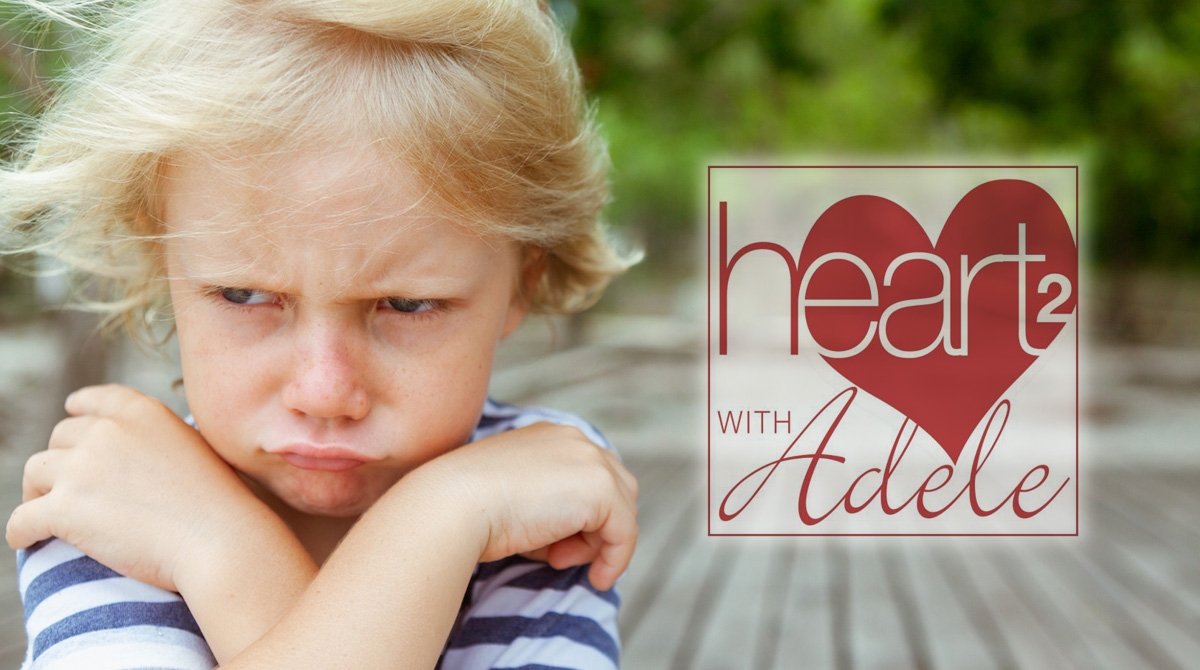
Understanding why some kids turn into bullies while others don’t
QUESTION
Dear Adele,
We understand that bullying is quite a problem in today’s society. My husband and I both recall a few incidents of being bullied ourselves as teenagers. Now we are young parents with two preschoolers who want to avoid raising a bully. Can you clue us in on how to do this?
Bully Phobic
ANSWER
Dear Bully Phobic,
You are not alone as young parents wanting to learn how to prevent your little ones from becoming bullies, as well as not becoming victims.
Wikipedia defines bullying “the activity of repeated aggressive behaviour intended to hurt another individual physically, mentally or emotionally.” Oxford Language defines the bully as “a person who habitually seeks to harm or intimidate those whom are perceived as vulnerable.” Bullying can be psychological, verbal, physical or cyber and must be repeated over time.
The Canadian Red Cross and/or the Canadian Institute of Health Research report the following statistics: On a scale of 35 countries Canada is the 9th highest in the rate of bullying. At least 33 per cent of teens have reported being bullied recently. 38 per cent of adult males and 30 per cent of female adult females experienced bullying at school. 47 per cent of Canadian parents reported a child victimized by bullying. Over 70 per cent of younger teens have been bullied and 44 per cent of them reported bullying others. Over 80 per cent of bullying happens when peers are present and 57 per cent of bullying stops when an onlooker steps in. Boys experience physical aggression more often, while girls experience more indirect kinds of bullying such as cyber bullying. Bullying by name-calling and verbal insults represents the highest rate of bullying at 63.5 per cent. Shoving and hitting represents 40 per cent. 64 per cent of kids have been bullied at school with 12 per cent being bullied once a week or more. 13 per cent had bullied others once a week or more and 72 per cent reported that they had observed bullying.
According to Sherry Gordon in ‘Eight Reasons Why Teens Bully Others’, the need to be in control, the desire to be popular, the motivation for retaliation or revenge, the lack of attention and supervision from parents, boredom, prejudices, peer pressure and personality factors which involve lack of impulse control and anger management issues, and family problems are among the chief reasons teenagers bully others.
Amy Morin in “Common Characteristics of a Bully” lists 11 traits shared by teenage bullies. Teen bullies tend to be impulsive and controlling. They are prone to frustration, feeling annoyed and often have anger management problems. They lack empathy and tend to blame their victims. Teenage bullies have difficulty following rules and of little respect for authority. They are often physically stronger than others, perceived as popular but have their needs met through bullying.
Amy says that such youth are more likely to carry a weapon, get into altercations and be injured in fights. They may become thieves or vandals, may drink or smoke and usually do poorly academically, resulting in absenteeism or quitting school altogether.
Sherry Gordon’s article offers you some ideas to answer your query Bully Phobic. I will summarize them and hopefully this will help in your parenting.
1: Stay highly involved with your progeny in every way you can, including education and extracurricular activities.
2: Model respect for others and teach your children that they have no right to be mean.
3: If your siblings demonstrate mean behaviour to each other on a regular basis be sure to address it.
4: Since peer pressure can lead your children into bullying behaviours try to get to know your children’s friends. You can invite them to your home for dinner or a play date, drive them to their activities or offer to coach.
5: Talk to your children about bullying. Make sure they understand how to handle differences of opinion and that hitting, name-calling and blaming are not tolerated.
6: Encourage empathy. Help your children understand their own feelings so they can better understand the feelings of others. Ask them how they would feel under similar circumstances. Model and reward helpfulness.
7: Know the signs of bullying and how to intervene. Increase supervision, set clear limits, and enforce consequences. Talk about the impact of bullying on others legally, socially and educationally’. Seek the assistance of a mental health professional to assist you in determining the cause of the bullying and to educate your child around social skills.
8: Terminate any bullying behaviour immediately with consequences.
Bullying does not just fade away and children just do not grow out of it on their own. So, if you see any signs of bullying in your children early intervention is the answer to prevent deleterious problems down the road. Our city Family Service Centres have excellent counsellors and offer some free sessions and reasonable rates if you seek a professional to help you.
Congratulations to you Bully Phobic for being proactive and educating yourself about one more parenting issue. My best to you and your family.
Sincerely, Adele
I'm looking forward to your questions! Email me at maryadeleblair@gmail.com and please put Heart to Heart in the subject line. Note that all columns will remain anonymous.









